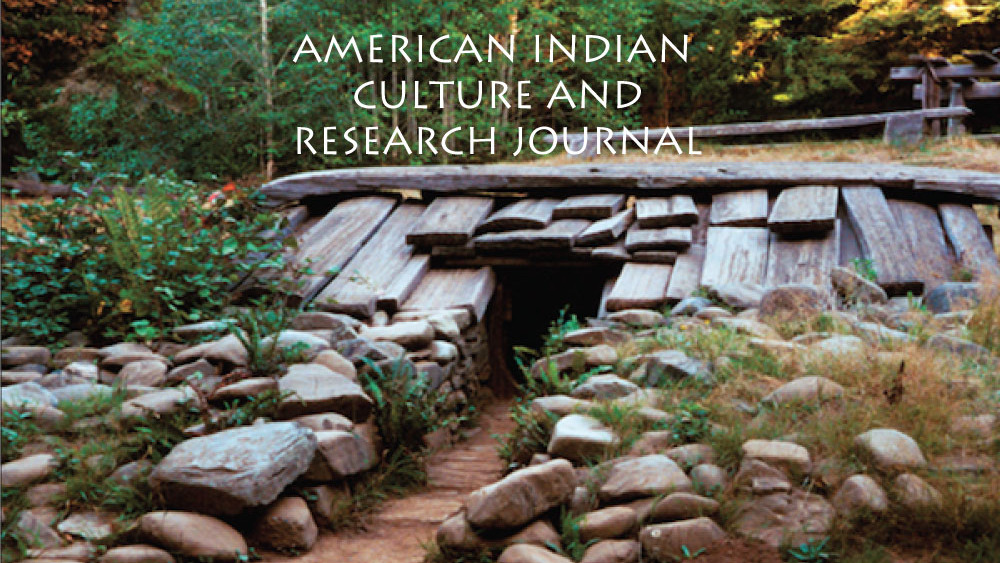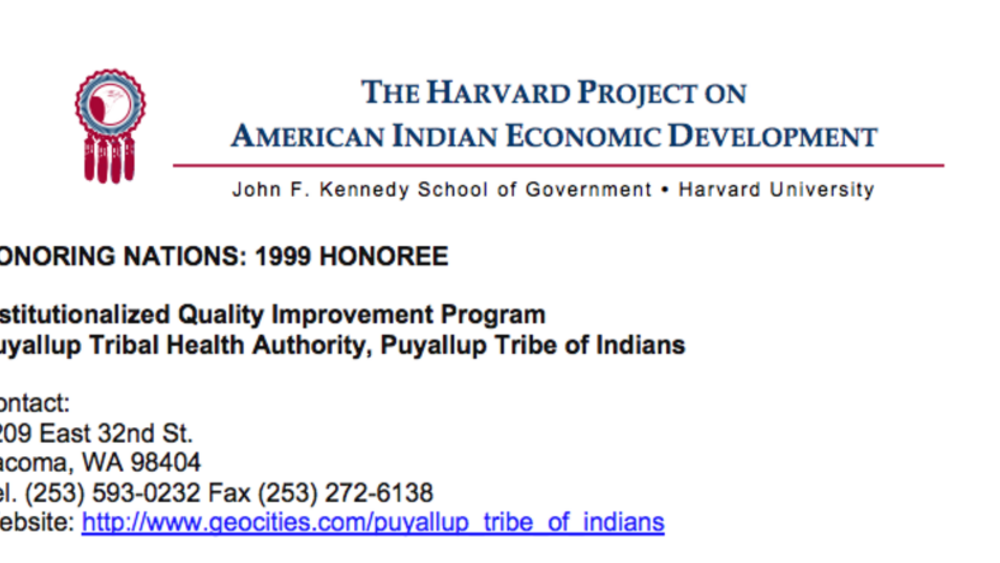Indigenous Governance Database
health care systems

COVID-19 and Indigenous Peoples: Tools to Promote Equity and Best Practices
This is the second volume of a two-volume special issue of the American Indian Culture and Research Journal, volume 44.3, dedicated to the indirect impact of COVID-19 on Indigenous Peoples. The first volume (44.2) covers the degree to which Indigenous Peoples were affected by COVID-19 and how this…

Puyallup's Institutionalized Quality Improvement Program
Following a major tribally-initiated restructuring in the early 1980s that created a quality improvement committee and a flatter organizational structure, the PTHA has increased patient access for urgent care visits, reduced "no show" rates, created clinical objectives, increased dental treatments…

Muscogee Creek Nation Meets Growing Pharmacy Needs Through Bilingual, Self-Refill App
A new, automated prescription refill system has made time management much easier for Muscogee Creek pharmacy staff. Nearly a year ago, the tribe tapped Enacomm, a leader in interactive voice response technology, to help the Muscogee Creek Nation Department of Health manage their increasingly high…
